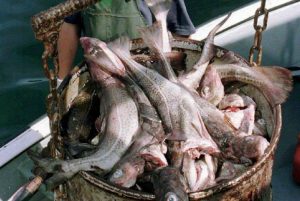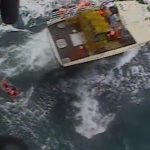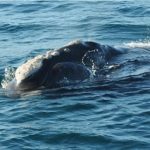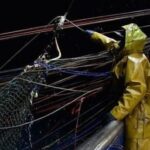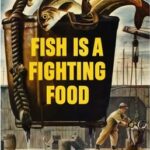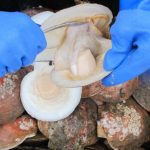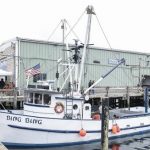Tag Archives: pharmaceuticals
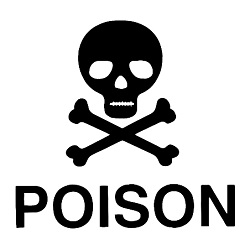
Doherty: Pharmaceuticals are poisoning NJ’s water supply, putting families at risk. We must act now.
In response to reports demonstrating that the water supply is awash with pharmaceutical pollutants, Senator Michael Doherty (R-Warren, Hunterdon, Somerset) is renewing his call for action on legislation,,, The United States EPA, in a conjunction with Riverkeeper and Cornell University, have confirmed that the Hudson River is heavily-polluted by commonly-prescribed pharmaceuticals such as anti-depressants, blood pressure, and cholesterol medications.“If we don’t act now, generations of children could suffer from serious health problems, all because they drank contaminated water. Our commercial fishing industry could also collapse, delivering a huge blow to the economy. By refusing to address pharmaceutical pollution now, we are literally putting New Jersey’s future in jeopardy.” S-1653, would establish the “New Jersey Water Supply and Pharmaceutical Product Study Commission. >click to read<18:22
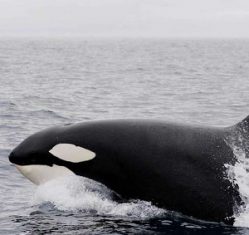
Seattle’s industrial waterfront remains a contamination challenge for orcas. What about Salmon?!
The Southern Resident orcas are often called some of the most contaminated marine mammals on earth. Their fat is filled with toxins like PCBs. When they don’t have enough to eat, they metabolize their fat and that poison ends up in their blood. Though outlawed decades ago, PCBs still remain in the sediment around Elliott Bay.,,, A lot of the toxic contamination issues that we have with our salmon can really be traced to the fact that the state of Washington is not enforcing the Clean Water Act to the extent that they should,” >click to read< Meanwhile, New study finds river wildlife contain cocaine, pharmaceuticals and pesticides in UK->click to read<10:07
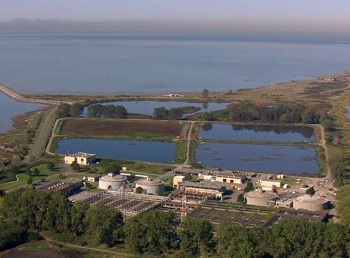
Potent drugs found in West Coast sewage threaten chinook, study reveals
A Seattle expert in environmental contaminants who has linked sewage flushes into Washington state estuaries to higher juvenile chinook salmon death rates suspects human drugs found in fish put them at risk. James Meador of the National Oceanic and Atmospheric administration (NOAA) said he believes pharmaceuticals found in the contaminated water — such as amphetamines and antidepressants — are in part to blame. These drugs and chemicals pass through human digestive systems — and some are flushed directly down the toilet.,, He tested 49 fish for 150 pharmaceuticals, personal care products and industrial chemicals. >click to read<14:08
Wastewater Treatment Plants: Pharmaceutical fish – SCSU experiments
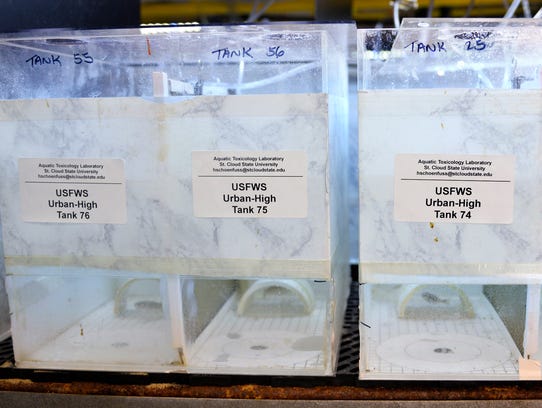
They say The Sky isn’t Falling. I disagree! The sky has fallen, and Fishermen are paying for it. Pharmaceuticals in our water
 There’s no way around it, the headlines are disturbing. They describe fish and birds responding with altered behavior and reproductive systems to antidepressants, diabetes medication, and other psychoactive or hormonally active drugs at concentrations found in the environment. About 90% of pharmaceuticals found in the environment arrive there after being excreted. Wastewater treatment plants, meanwhile, are exploring possibilities for boosting their ability to remove pharmaceuticals from sewage. Read the rest here 13:49
There’s no way around it, the headlines are disturbing. They describe fish and birds responding with altered behavior and reproductive systems to antidepressants, diabetes medication, and other psychoactive or hormonally active drugs at concentrations found in the environment. About 90% of pharmaceuticals found in the environment arrive there after being excreted. Wastewater treatment plants, meanwhile, are exploring possibilities for boosting their ability to remove pharmaceuticals from sewage. Read the rest here 13:49
Household products, pharmaceuticals make fish unafraid of predators – Waste Water Treatment is Inadequate

A recent US study into the presence of pharmaceuticals in freshwater areas receiving sewage effluent found evidence of the Prozac in fish brains. Showering, brushing your teeth, and going to the toilet can wash dangerous contaminants into waterways that can disrupt fish reproductive systems and make them unafraid of mortal predators, scientists have found. And current sewage treatment processes were not designed to remove the dangerous contaminants. more@nzherald 11:12
Pharmaceuticals and personal care products (PPCPs) are found in surface waters worldwide. Wastewater treatment plant effluent is a major source
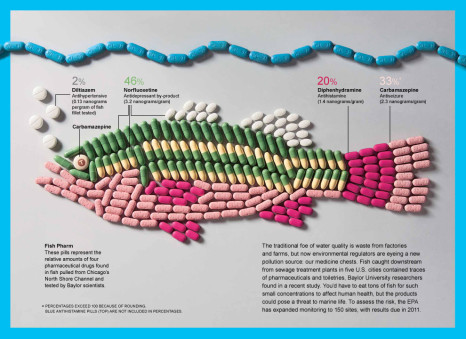 Fate and Transport of Three Pharmaceuticals in the Sacramento-San Joaquin Delta – The sharp decline of four pelagic fish species in the Delta in the last decade is just one of several indicators that the ecosystem is severely impaired. Several wastewater treatment plants (WWTPs) discharge into the Delta, directly or through tributaries. Link
Fate and Transport of Three Pharmaceuticals in the Sacramento-San Joaquin Delta – The sharp decline of four pelagic fish species in the Delta in the last decade is just one of several indicators that the ecosystem is severely impaired. Several wastewater treatment plants (WWTPs) discharge into the Delta, directly or through tributaries. Link
Drugged Fish Lose Their Inhibitions, Get the Munchies
 Hundreds of different pharmaceuticals are able to slip past conventional wastewater treatment plants and into our waterways, says Jerker Fick, a toxicologist at Umeå University in Sweden and co-author of the new study. “They don’t mysteriously go away after we excrete them.” Scientists have known for a long time that many pharmaceuticals can persist in rivers and streams, and have behavioral effects on aquatic species in high doses, he says; however, determining whether more dilute concentrations have an effect is harder to establish. Read more here
Hundreds of different pharmaceuticals are able to slip past conventional wastewater treatment plants and into our waterways, says Jerker Fick, a toxicologist at Umeå University in Sweden and co-author of the new study. “They don’t mysteriously go away after we excrete them.” Scientists have known for a long time that many pharmaceuticals can persist in rivers and streams, and have behavioral effects on aquatic species in high doses, he says; however, determining whether more dilute concentrations have an effect is harder to establish. Read more here






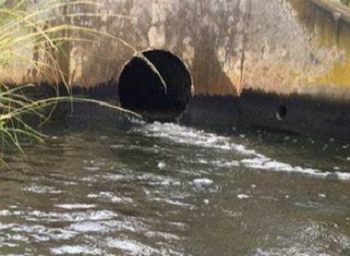
 When friends of mine recently got norovirus from eating foraged Gulf Island oysters, my first instinct was a strange one. I blamed Victoria. More specifically, I blamed Victoria’s raw sewage, which is pumped out to the Juan de Fuca Strait at a rate of 130 million litres per day. British Columbia’s capital is one of the last major cities north of San Diego to dump all of its untreated waste (including pesticides, street runoff and pharmaceuticals) into the ocean.
When friends of mine recently got norovirus from eating foraged Gulf Island oysters, my first instinct was a strange one. I blamed Victoria. More specifically, I blamed Victoria’s raw sewage, which is pumped out to the Juan de Fuca Strait at a rate of 130 million litres per day. British Columbia’s capital is one of the last major cities north of San Diego to dump all of its untreated waste (including pesticides, street runoff and pharmaceuticals) into the ocean. 



























